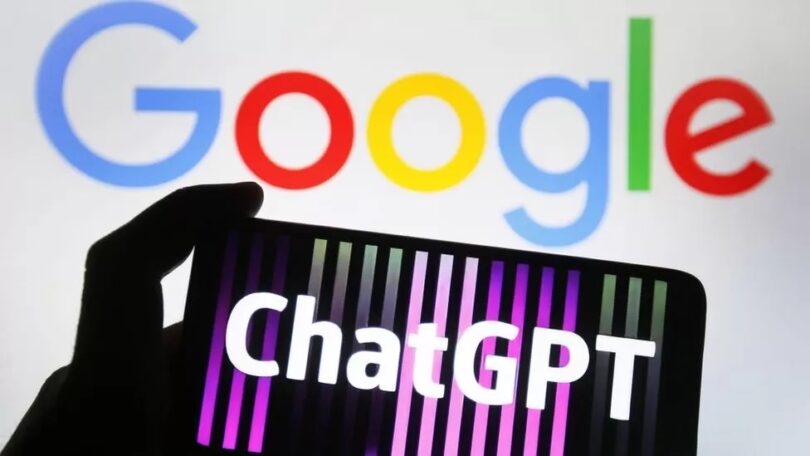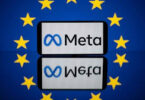Zoe Kleinman
It has been two months since the public launch of AI chatbot ChatGPT by the firm OpenAI – and it did not take long for people to start noticing what a game-changer this really is.
Whether you have asked it to write you a song in the style of your favourite musician, sneaked in a homework question (500 words on the end of World War Two? no problem), tasked it to write copy for your company website, write a speech or even churn out specific program code, ChatGPT has proved that it can deliver – and in a convincing way.
There has been acres of reporting about its potential threat to a wide range of jobs, and indeed to our entire model of education if students can get their coursework done and university applications written instantly via ChatGPT or its rivals.
That said – this tech is still, comparatively, in its infancy. It is text only, restricted to content from the internet as it was in 2021, and does not update. It presents its answers as fact, when as we know the net is full of misinformation, some of it more dangerous than others.
We tried to get it to write an article for the BBC website, and the journalist who worked on it said it needed lots of prompting and revisions before there was something even close to being of a quality we might publish. In the end it still was not good enough, so we didn’t.

Our journalist said although it churned out copy quickly, the process itself became very time-consuming because he had to keep going back to it and specifically asking it to explain more about one thing, or focus less on another.
But the creators of ChatGPT have a far more lucrative goal in mind than simply taking my job. The bigger picture is the multi-billion dollar sector that is internet search. And that is why it has been dubbed the Google killer.
Google’s parent company Alphabet made $104bn (£86bn) in revenue in 2020 alone, just from search. Taking even a tiny fraction of that market would be a huge prize – and it is no coincidence that Microsoft, which owns the search engine Bing, has announced a multi-billion dollar partnership with OpenAI.
The internet is full of supposedly leaked pictures of a ChatGPT-powered Bing. Imagine going to a search engine, typing in your query and back comes one definitive answer, rather than pages and pages of links (and ads) to wade through?
My contacts at Microsoft are staying tight-lipped, but we do know it is due to announce some news this week. We also know that Google is planning a news event about “AI and search” on Wednesday.
Google has its own language learning model called Lamda, which is said to be so human-like in its responses that one engineer who worked on it said he believed it was sentient (he was fired, and Google has always denied the claim). It has not been released to the public.
Meta, which owns Facebook, WhatsApp and Instagram, launched its own AI chatbot Blenderbot in the US last summer.
Are we about to see a battle of the chatbots?
ChatGPT itself said, rather diplomatically, that “it is not a matter of one being ‘better’ than the other” when I asked it which was best.
“I do not have the capability or intention to harm any company, including Google,” it added.
But with investment dollars pouring into AI chat, it may well be that ChatGPT has to toughen up on that particular viewpoint. Not that it has one, of course. Yet.
Courtesy: bbc







